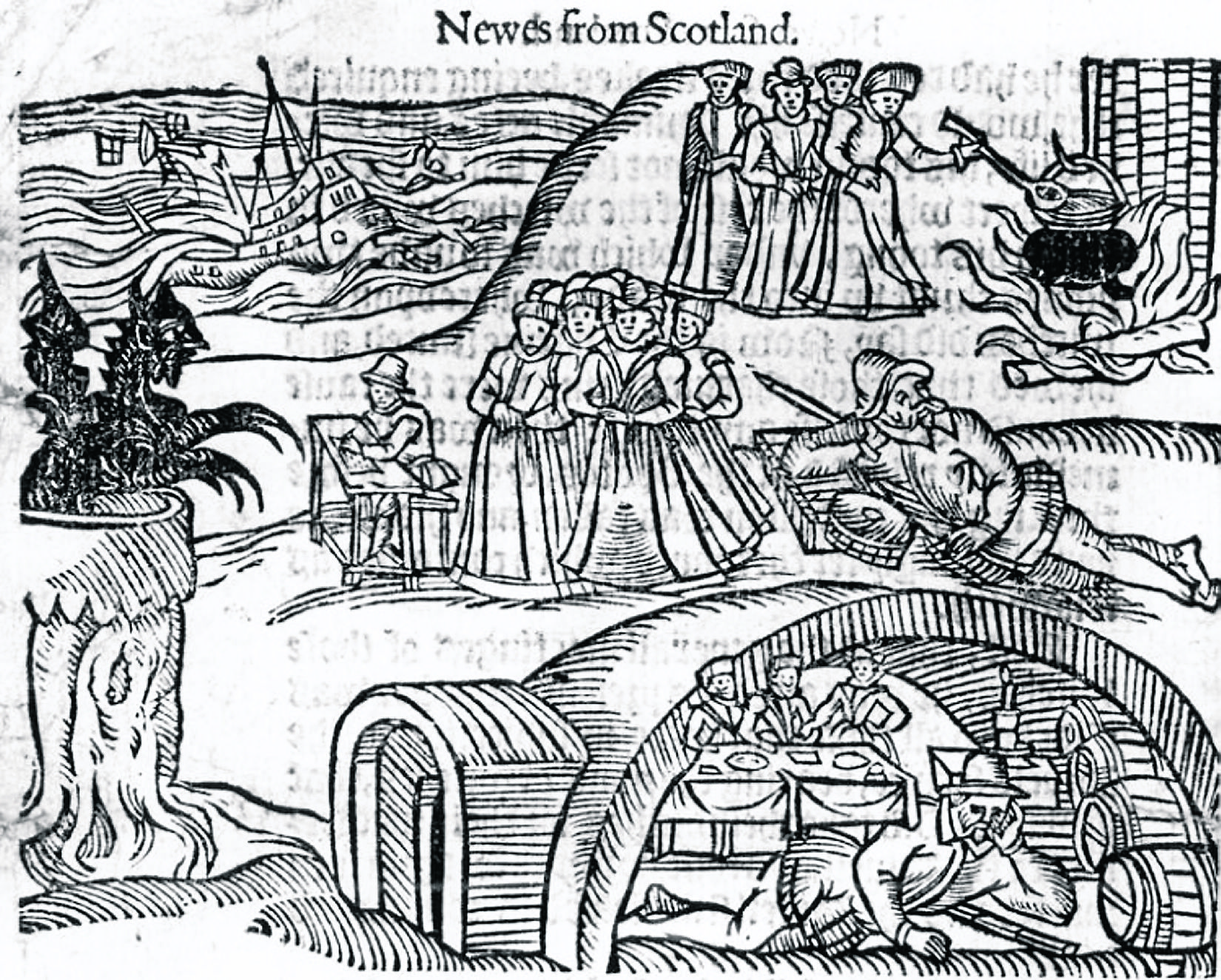If you thought you were the only one that came to Denmark for a woman, got stranded here and eventually came to think of the country as being full of stone cold and icy-hearted witches, then think again. Expats have been following Danish women here since the times of King James IV of Scotland back in the late 1500s.
In 1589, after marrying Princess Anne of Denmark (King Christian IV’s sister) by proxy, King James IV waited for her to sail across the North Sea to join him in Scotland. However as her ship set off, it ran into severe storms and bad weather and Anne was forced to take refuge in Norway, where due to the coming winter, she abandoned her journey and took refuge.
A lovestruck James, despite having seen nothing more than a portrait of his bride, was determined to see his bethrothed and sailed to Norway to fetch her. Forced to spend the winter there, the pair got officially married and then travelled down to Copenhagen.
Inspiring King James
After arriving in Denmark, King James IV was introduced to the culture of witch-hunting. He would take the custom with him back to his kingdom in Scotland, which led to the country’s first major prosecution of witches – the North Berwick Witch Trials of 1590.
Denmark’s own culture of witch-hunting goes back to at the least the late 1530s and increased considerably following the reformation of 1536 when Denmark broke off from the Catholic Church and became a Lutheran country.
After the reformation, an overly zealous and influential Lutheran bishop by the name of Peder Palladius started preaching that anyone showing Catholic tendencies was most likely a witch, and he urged these witches to be hunted and burned.
One of the most common accusations brought against witches was that they brought sickness to able-bodied persons in their prime. In the countryside they were charged with damaging cows and horses and causing bad milk and butter production.
Leading the way
In 1559, Denmark became the first country in Scandinavia to have official witch trials, and in 1571 the first witch was found guilty and brought to the stake to be burned alive. The height of the witch-hunts was during the period 1617-1637 spurred on by a royal ordinance issued by Christian IV condemning witchcraft and declaring all those found guilty to be burned.
It is estimated that around 2,000 witches were tried in Denmark with around half of them being executed.
Despite the witch-hunt craze, the situation in Denmark never reached the extreme point that it did in other parts of Europe, thanks to a piece of legislation stating that anyone found guilty of crimes such as theft, treachery or sorcery would not be credited when giving witness against others. The law also stated that “no person shall be interrogated before he is sentenced”. This legislation effectively meant that those accused couldn’t be tortured into providing the names of other so-called witches – something that commonly happened throughout other parts of Europe.
By the 1700s, judges were starting to soften their view on witches. Ordinary folk, however, were harder to convince. In 1722 in the northwest Jutland town of Grønning, residents lynched and burned a supposed witch. The last recorded murder of a witch took place at Brigsted in Vejle in 1800.
Trials galore
As for King James IV, who would go on to add England to his kingdom in 1603, his 1589 winter in witch-infested Denmark was enough to persuade him that he himself had fallen victim to their spells when he attempted to sail home and his ship faced harsh, stormy weather.
When the Danish admiral of his ship blamed the bad weather on witches, and in particular on the wife of a high official who he had insulted, the king was determined to catch the evil doers and witchcraft trials weld held in both countries.
It was this incident that led King James IV, who considered witchcraft part of theology and himself to be an expert in it, instigated the North Berwick Witch Trials. These trials saw over 100 witches accused and more than 70 burned. The king set up royal commissions to hunt down witches and in 1597 he even published a book on the subject, entitled ‘Daemonologie’.
Traditions burn bright
Traces of Denmark’s witch burning past can still be seen each summer on June 23 in Sankt Hans Aften (St John’s Eve) when Danes gather around bonfires to burn witches made of straw and cloth.
Originally a pagan festival celebrating the summer solstice, the celebration has had various rituals attached to it over its history and the date had long been thought to be the best time to collect herbs for spells and different concoctions. The holiday also builds on the traditional belief that gathering around a fire together helps ward off evil spirits.
Since the early 1900s, following the German tradition, Danes started to affix a figure resembling a witch to the top of the bonfire – a yearly reminder of the country’s darker history.















